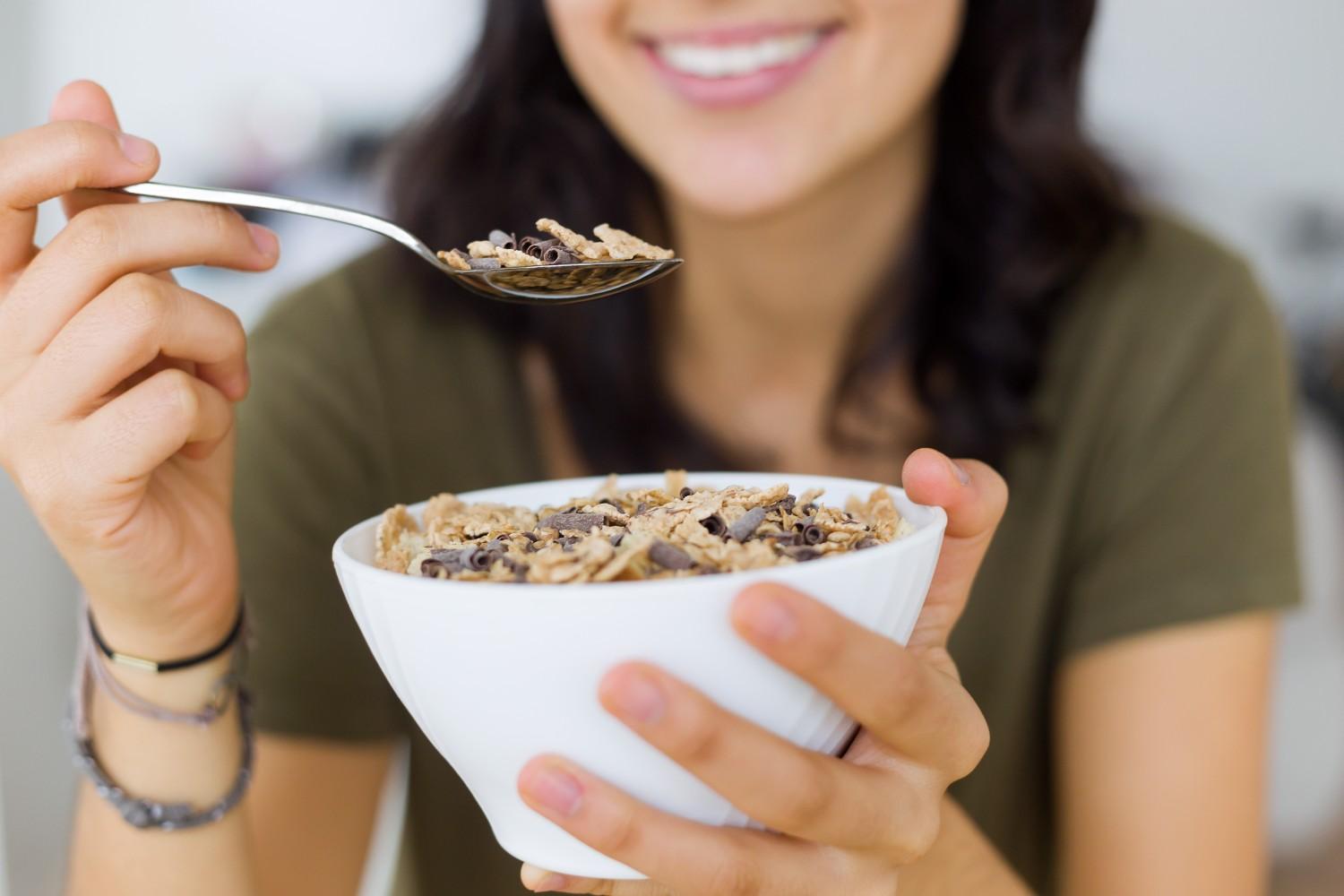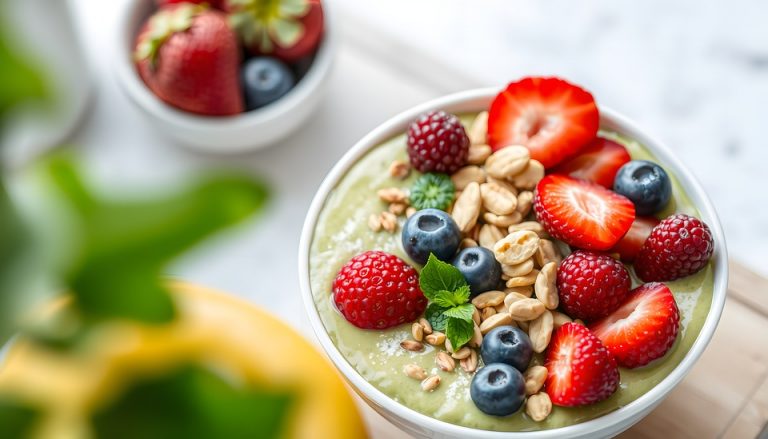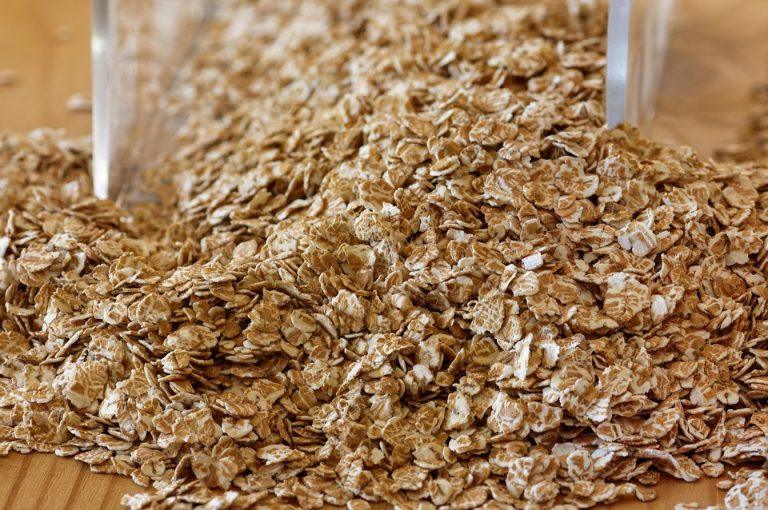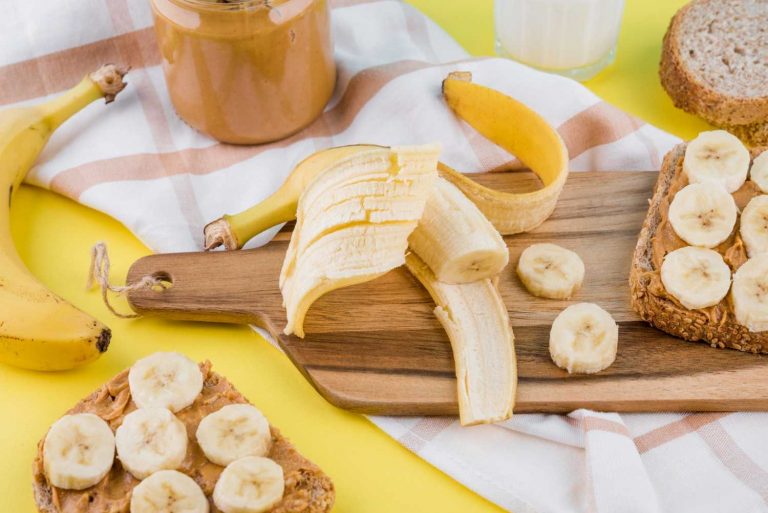Did you know that your diet can significantly impact your nerve health? While we often think about heart health or gut health when considering what we eat, it turns out that certain foods can also play a crucial role in keeping our nervous system in top shape. So, if you’ve ever felt that tingling sensation in your hands or feet, or if you’ve been dealing with nerve pain, you might want to pay closer attention to your plate. Let’s dive into five delicious foods that can help boost your nerve health naturally.
Contents
1. Fatty Fish: The Omega-3 Powerhouse
When it comes to nerve health, fatty fish like salmon, mackerel, and sardines are your best friends. These fish are rich in omega-3 fatty acids, which have been shown to have anti-inflammatory properties and support the repair of nerve cells.
Why Omega-3s Matter
Research suggests that omega-3 fatty acids can help reduce the risk of nerve damage. A study published in the Journal of Neuroscience found that omega-3 supplementation improved nerve regeneration in animal models (Wang et al., 2018). This is particularly important for conditions like peripheral neuropathy, where nerve damage can lead to pain and numbness.
How to Enjoy
The best part? Fatty fish is versatile and delicious. You can grill it, bake it, or throw it into a salad. Try making a simple salmon salad with greens, avocado, and a squeeze of lemon for a quick and nutritious meal.
2. Leafy Greens: A Nutrient-Dense Choice
You might not think of leafy greens as a nerve health superfood, but they are packed with vitamins and minerals that support the nervous system. Spinach, kale, and Swiss chard are particularly high in magnesium, which plays a critical role in nerve function.
The Magnesium Connection
Magnesium is known for its ability to help with muscle and nerve function. A study published in the American Journal of Clinical Nutrition found that adequate magnesium intake is associated with a lower risk of developing neurological disorders (Barbagallo & Dominguez, 2010).
Delicious Ways to Include Greens
Incorporate leafy greens into your meals by adding them to smoothies, soups, or stir-fries. A kale and quinoa salad topped with nuts and seeds makes for a crunchy, satisfying dish that’s also good for your nerves.
3. Nuts and Seeds: Small But Mighty
Nuts and seeds, such as almonds, walnuts, and flaxseeds, are another excellent choice for nerve health. They’re rich in vitamin E, an antioxidant that helps protect nerve cells from oxidative stress.
The Antioxidant Advantage
Oxidative stress can lead to nerve damage, so consuming foods high in antioxidants is essential. A study published in Neurobiology of Disease emphasizes the protective effects of antioxidants in preventing neurodegeneration (Sinha et al., 2018).
Snack Smart
Snack on a handful of mixed nuts or sprinkle some chia seeds on your morning yogurt. Not only are they tasty, but they also give your nerves the boost they need.
4. Whole Grains: Fuel for Your Nerves
Whole grains like brown rice, quinoa, and whole wheat bread are more than just a source of energy. They’re rich in B vitamins, particularly B1 (thiamine) and B12, which are essential for nerve health.
The B Vitamin Benefits
B vitamins are crucial for maintaining the myelin sheath, which protects your nerves. A deficiency in these vitamins can lead to nerve damage and conditions like neuropathy. Research in the Journal of Nutrition highlights the importance of B vitamins in nerve function and repair (Kennedy, 2016).
How to Incorporate Whole Grains
Switch out white rice for brown rice or add quinoa to your salads. A hearty bowl of oatmeal topped with fruits and nuts can also make for a great breakfast that supports nerve health.
5. Berries: Sweet and Savory
Berries, especially blueberries and strawberries, are not only delicious but also packed with antioxidants and vitamins that can help protect your nerves.
The Berry Benefits
Berries contain flavonoids, which have been shown to enhance cognitive function and reduce the risk of neurodegenerative diseases. A study published in the Annals of Neurology found that regular berry consumption was linked to slower cognitive decline (Devore et al., 2012).
Berry Good Ideas
Add berries to your smoothies, use them as a topping for yogurt, or enjoy them plain as a snack. They’re not just good for your taste buds; they’re great for your nervous system too!
FAQs About Nerve Health and Nutrition
1. Can diet alone improve nerve health?
While a healthy diet can significantly impact nerve health, it’s essential to combine it with other lifestyle factors such as regular exercise and stress management for optimal results.
2. Are there any foods I should avoid for nerve health?
Highly processed foods, sugary snacks, and excessive alcohol can contribute to nerve damage and should be consumed in moderation.
3. How long does it take for dietary changes to affect nerve health?
Changes may take time to reflect in nerve health, often several weeks to months. Consistency is key, so stick with a nerve-friendly diet.
4. Should I consider supplements for nerve health?
Before taking any supplements, consult with a healthcare provider. They can help determine if you have any deficiencies and recommend appropriate options.
Conclusion
Incorporating these five delicious foods into your diet can help support your nerve health naturally. It’s not just about eating for pleasure; it’s about eating for your well-being. Whether you’re grilling up some salmon or snacking on nuts, remember that each bite counts toward a healthier nervous system.
As you embark on this journey toward better nerve health, keep in mind that balance and variety are essential. Explore different recipes, try new foods, and enjoy the process of nourishing your body. Your nerves will thank you for it!
This article is for educational purposes only and is not a substitute for professional medical advice. Always consult a qualified healthcare provider before making changes to your health routine.
References
-
Barbagallo, M., & Dominguez, L. J. (2010). Magnesium and aging. Current Pharmaceutical Design, 16(7), 832-839. Link
-
Devore, E. E., et al. (2012). Dietary flavonoid intake and cognitive decline in women. Annals of Neurology, 72(2), 224-234. Link
-
Kennedy, D. O. (2016). B vitamins and the brain: Mechanisms, dose, and efficacy. Journal of Nutrition, 146(1), 142-147. Link
-
Sinha, D., et al. (2018). Antioxidant role of flavonoids in neurodegeneration. Neurobiology of Disease, 119, 1-9. Link
-
Wang, Y., et al. (2018). Omega-3 fatty acids promote nerve regeneration and repair in a rat model of peripheral nerve injury. Journal of Neuroscience, 38(12), 2826-2835. Link
Get Your FREE Natural Health Guide!
Subscribe now and receive our exclusive ebook packed with natural health tips, practical wellness advice, and easy lifestyle changes, delivered straight to your inbox.





